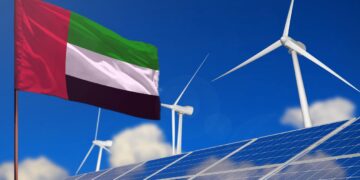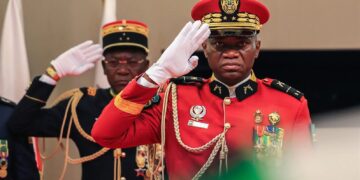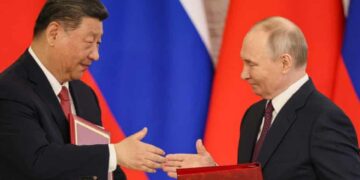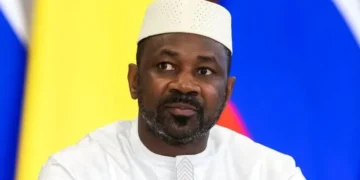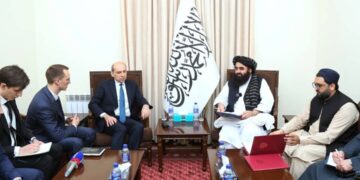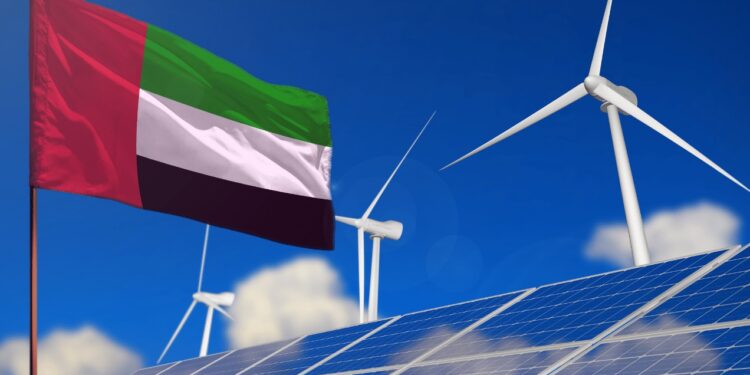By John Ikani
The United Arab Emirates (UAE) has committed $4.5 billion to expedite the advancement of clean energy initiatives in Africa, according to a statement from the Cop28 Presidency.
Key contributors to this funding include Abu Dhabi’s renowned clean-energy firm, Masdar, the Abu Dhabi Fund for Development, Etihad Credit Insurance, and the Dubai-based renewable energy company, AMEA Power.
Africa50, an investment platform formed by African governments and the Africa Development Bank, has also thrown its support behind this endeavour, as announced during the ongoing Africa Climate Summit in Nairobi, Kenya.
The platform, designed to address Africa’s infrastructure challenges, will play a pivotal role in identifying initial projects and facilitating connections with local implementing organizations.
Dr. Sultan Al Jaber, Cop28 President-designate, expressed, “This initiative builds on the UAE’s track record of commercially driven, innovative blended finance solutions that can be deployed to promote the adoption of clean energy in emerging and developing nations.”
The initiative’s focal point is to prioritize investments in African countries equipped with clear transition strategies, enhanced regulatory frameworks, and comprehensive master plans for developing grid infrastructure that effectively integrates supply and demand.
Masdar has made a substantial commitment, pledging $2 billion in equity and mobilizing an additional $8 billion in project finance. Their objective is to deliver 10 gigawatts of clean energy capacity across Africa by 2030 through the Infinity Power platform.
AMEA Power, on the other hand, is set to contribute to funding 5 gigawatts of renewable energy capacity in Africa by the end of this decade. This will involve mobilizing $5 billion, comprising $1 billion in equity investments and $4 billion from project finance.
The Abu Dhabi Fund for Development is dedicating $1 billion in financial assistance, while Etihad Credit Insurance will provide $500 million in credit insurance to mitigate risks and facilitate the influx of private capital.
Africa’s renewable energy landscape is poised for significant growth, with installed capacity projected to surge to over 530 gigawatts by 2040, a substantial increase from the 54 gigawatts recorded in 2020, according to the International Renewable Energy Agency (Irena). Solar photovoltaic capacity is anticipated to reach 340 gigawatts, and wind capacity is expected to reach 90 gigawatts.
The UAE is actively supporting Africa’s drive towards renewable energy, exemplified by initiatives like Etihad 7, which aims to raise both public and private sector funds to foster the sector’s development. The ambitious goal is to achieve 20 gigawatts of capacity, supplying clean electricity to 100 million people across the continent by 2035.
Additionally, the UAE Carbon Alliance has pledged to purchase $450 million worth of African carbon credits by 2030, aiming to connect the robust supply of African carbon credits with the Middle East’s increasing demand.
Africa could emerge as a prominent supplier of green hydrogen to Europe, a timely prospect as Europe seeks to diversify its energy sources amidst reduced Russian natural gas supplies, according to Rystad Energy. The consultancy reported over 52 green hydrogen projects in Africa, with production forecasted to reach 7.2 million tonnes by the conclusion of 2035.
Nevertheless, the clean energy sector in developing countries necessitates approximately $1.7 trillion annually for sustainable development.
Unfortunately, these countries only managed to attract $544 billion in foreign direct investment in 2022, according to Unctad, the UN intergovernmental organization advocating for developing countries’ interests in global trade, as per its World Investment Report released in July.
